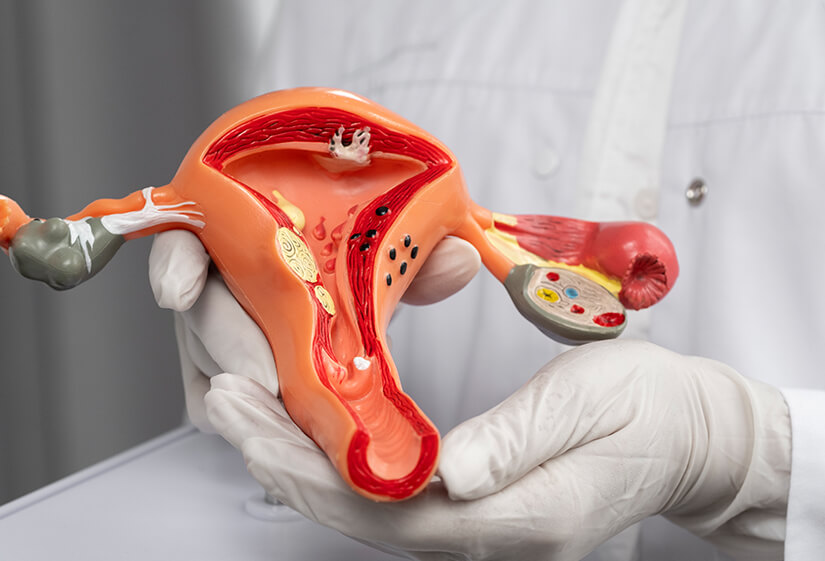
Image Source: Google
Endometriosis is a chronic and often painful condition that affects millions of women worldwide. Despite its prevalence, the exact causes of endometriosis remain unknown. Researchers have been working tirelessly to uncover the mysterious factors that contribute to the development of this condition. In this article, we will delve into the latest research and discuss what you need to know about the potential causes of endometriosis.
The Basics of Endometriosis
Before we explore the potential causes of endometriosis, let's first understand what this condition entails. Endometriosis is a disorder in which tissue similar to the lining of the uterus grows outside of the uterus. This tissue, known as endometrial implants, can be found on the ovaries, fallopian tubes, and other structures within the pelvic region. The presence of these implants can lead to inflammation, scarring, and the formation of painful adhesions.
Common Symptoms of Endometriosis Include:
- Chronic pelvic pain
- Painful menstrual cramps
- Heavy menstrual periods
- Infertility
Potential Causes of Endometriosis
While the exact causes of endometriosis are not yet fully understood, several theories have been proposed to explain why some women develop this condition. It is believed that endometriosis may result from a combination of genetic, hormonal, immunological, and environmental factors. Here are some of the potential causes that researchers are investigating:
1. Genetic Factors
Genetic predisposition may play a role in the development of endometriosis. Research has shown that women with a family history of the condition are at a higher risk of developing endometriosis themselves. Specific genetic mutations and variations may increase susceptibility to this disorder.
2. Hormonal Imbalance
Hormones, particularly estrogen, are thought to influence the growth and maintenance of endometrial tissue. In women with endometriosis, there may be an imbalance in hormone levels, leading to abnormal growth of endometrial cells outside of the uterus. This hormonal dysregulation could contribute to the development of endometriosis.
3. Immunological Factors
The immune system plays a crucial role in recognizing and eliminating abnormal cells within the body. In women with endometriosis, there may be defects in the immune response that allow endometrial implants to thrive and grow unchecked. Dysfunctional immune cells and inflammatory processes could contribute to the progression of endometriosis.
4. Retrograde Menstruation
One of the leading theories on the development of endometriosis is retrograde menstruation. This phenomenon occurs when menstrual blood flows backward through the fallopian tubes into the pelvic cavity instead of leaving the body. The presence of endometrial cells in the pelvic cavity could lead to the establishment of endometrial implants and the development of endometriosis.
Diagnosis and Treatment
Diagnosing endometriosis can be challenging, as symptoms can vary widely among individuals. A combination of medical history, pelvic examinations, imaging studies, and minimally invasive procedures such as laparoscopy may be used to confirm a diagnosis of endometriosis. Once diagnosed, treatment options aim to manage symptoms, slow the progression of the disease, and improve quality of life.
Treatment Options for Endometriosis Include:
- Pain medications to alleviate symptoms
- Hormonal therapies to regulate menstrual cycles
- Laparoscopic surgery to remove endometrial implants and adhesions
- Fertility treatments for women struggling with infertility
- Lifestyle modifications such as exercise and dietary changes
It is important for individuals experiencing symptoms of endometriosis to seek medical attention for proper evaluation and management. Early detection and treatment can help improve outcomes and prevent complications associated with this condition.
Conclusion
Endometriosis is a complex and multifaceted condition with no definitive cause. While researchers continue to investigate the mysterious factors that contribute to the development of endometriosis, individuals can take steps to manage their symptoms and improve their quality of life. By raising awareness, promoting research, and supporting individuals affected by endometriosis, we can work towards better understanding and treating this challenging condition.